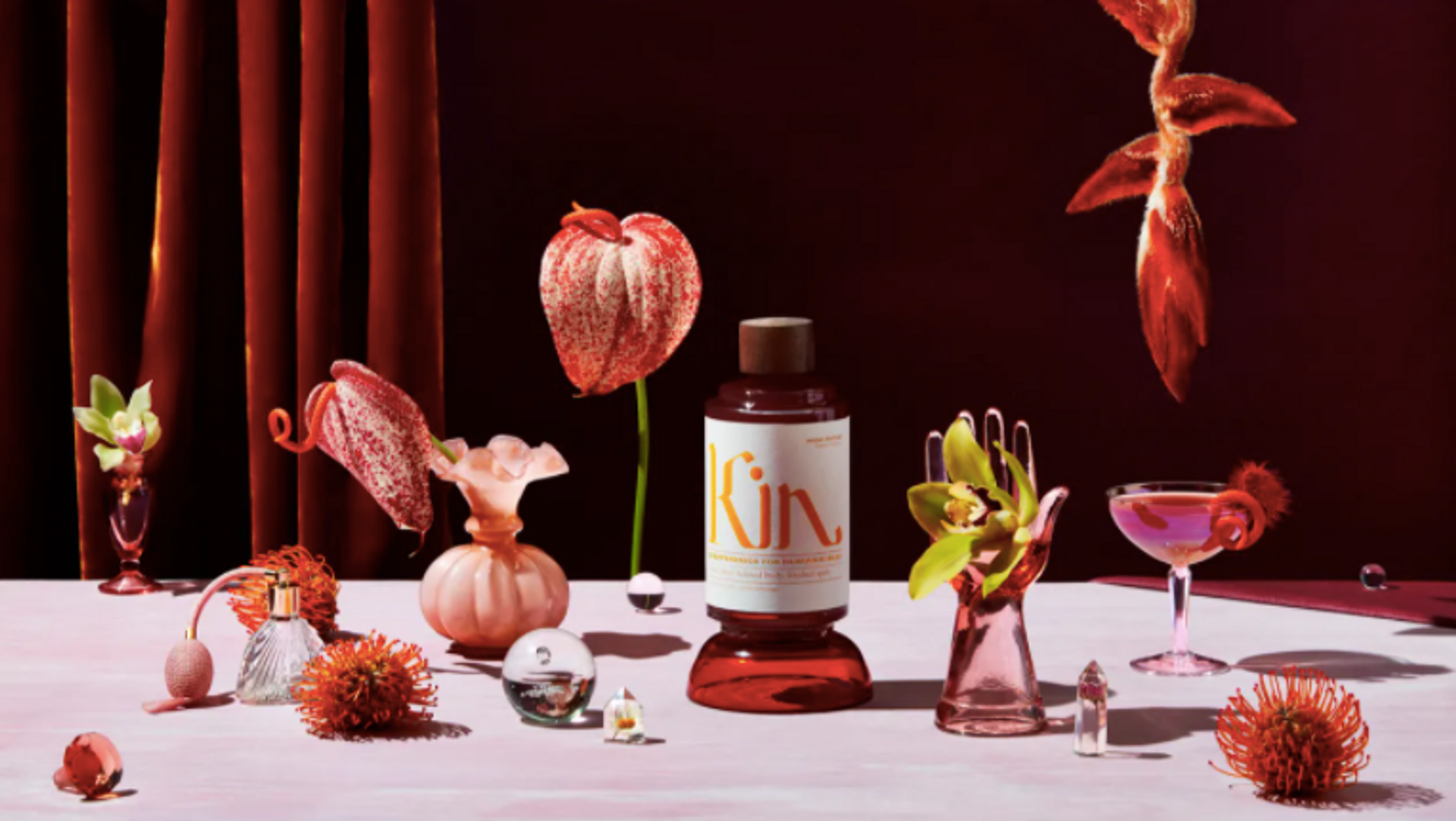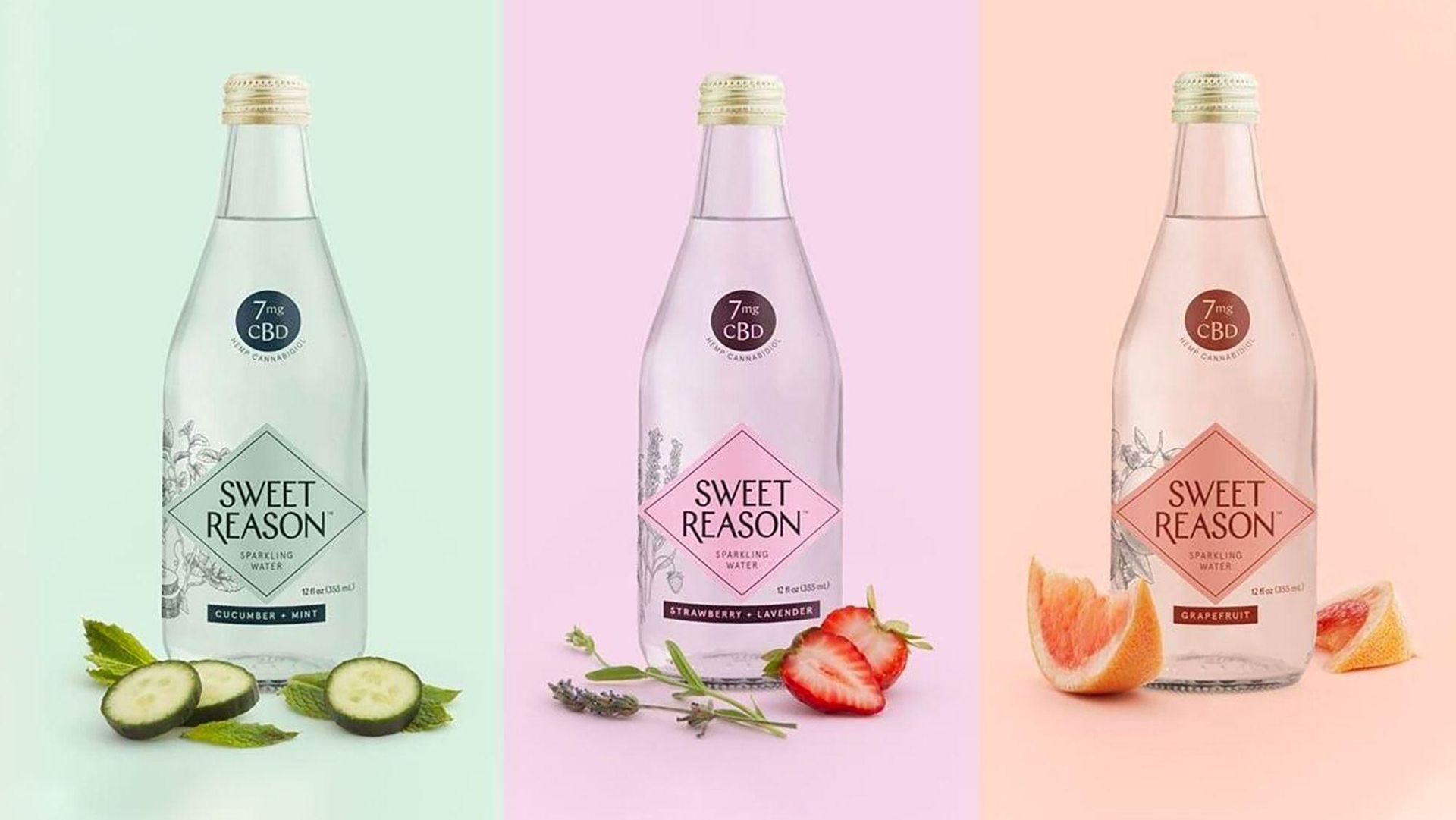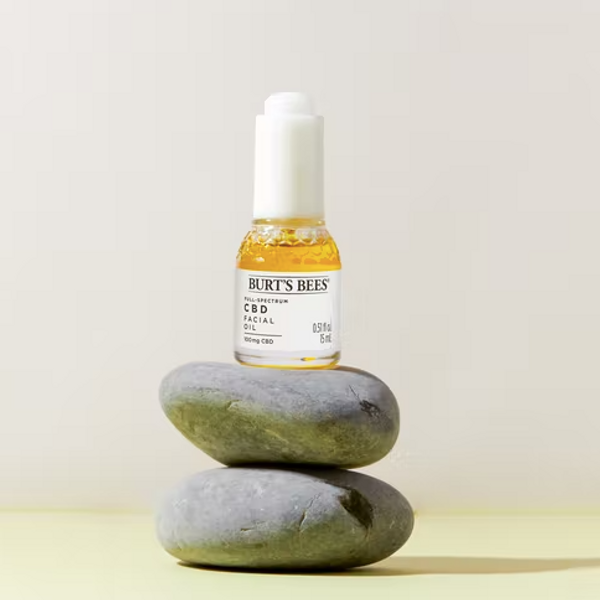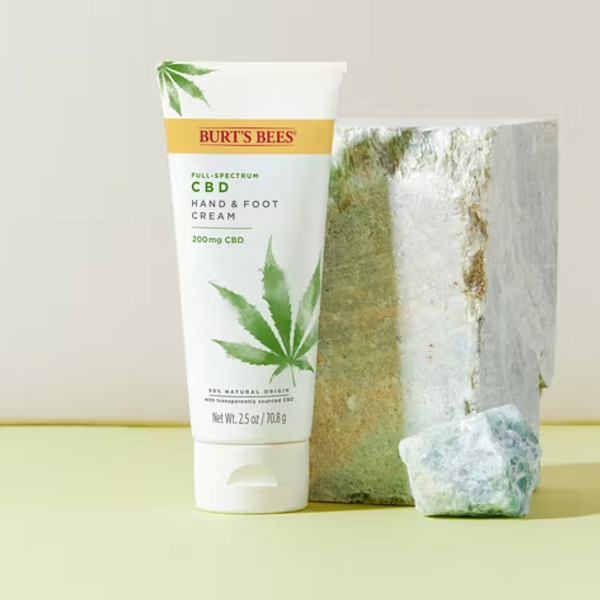For anyone who was visited by a D.A.R.E. officer in 5th grade, it can seem like there's an abundance of evidence supporting the claim that marijuana is a gateway drug. It's easy to make this mistake when looking at statistics like: children who use marijuana are 85 times as likely as those who don't to use cocaine. That said, the utilization of these stats represents a specific logical fallacy.
People who preach about how marijuana is a gateway drug are confusing correlation (marijuana users are more likely to try other drugs) with causation (marijuana use leads to cocaine and heroin use). Here are a few more stats. In the United States, about 44% of people over the age of 12 have used marijuana in their lifetimes. 15% have used cocaine, and 2% have used heroin. Clearly, these numbers aren't particularly close together. In fact, they're so far apart that the Drug Policy Alliance refers to marijuana as a "terminus drug" because the majority of users don't move on to other, more dangerous narcotics.
Still, if this simple mathematical error were enough to stop politicians and teachers from talking about marijuana like it was a guaranteed path to heroin overdose, the discussion would be moot by now. Unfortunately, due to the War on Drugs' many misinformation campaigns, this idea occupies a large space in the public imagination. The gateway drug myth is predicated on two assumptions. One, that marijuana use is social, and that the openness expressed when smoking can extend to other drugs given the right situation. Two, that marijuana functions as a type of aperitif, whetting users' appetites for further experimentation. Both claims need to be refuted separately in order to provide a convincing argument against the gateway drug theory.

From a social standpoint, the idea that friends can pressure one another to try drugs appears to be sound, but it's difficult to accurately measure peer pressure's influence, especially when taking in other social factors. It seems impossible to rule out the role of a teen's parents, his socio-economic status, and his neighborhood's culture when discussing what led him to marijuana in the first place. With regard to this issue, it's also impossible to ignore marijuana's illegal status; one has to break the law in order to obtain it. According to Psychology Today, "individuals who become willing to commit illegal acts at one point in time are more likely to commit additional illegal acts." Based on this, one could surmise that people willing to break the law are risk takers, and may be more willing to partake in dangerous narcotics. Whether or not there's any serious science behind these claims, they muddy the waters, obfuscating the claim that peer pressure plays a major role in marijuana use among teenagers. This isn't to say peer pressure can't affect kids, but rather that there are too many factors that can lead to marijuana use to pin it on just one. If it's impossible to say what leads to marijuana use in the first place, the claim that marijuana use on its own leads to the use of hard drugs is spurious.
On another note, the claim that marijuana use creates a desire for experimentation has been tested on rats. Some of these studies show that rats which are exposed to marijuana are more readily accepting of opioids and cocaine, but the issue is, rats don't like THC. In these experiments, rats have to be forcibly injected with the cannabinoid, where with cocaine or opioids, they'll willingly seek the drugs out, even doing complex tasks to receive them. Stress however plays a huge role in addiction, and it's possible that the injection process is psychologically damaging to the rats, making them predisposed to opioid and cocaine addiction.
All this said, the prevailing public sentiment is that marijuana is a gateway drug, an idea that persists despite the fact that the CDC doesn't vouch for its veracity. The persistence of this myth has slowed the growth of not only the recreational marijuana industry, but the medical marijuana industry as well. On top of this, the gateway drug myth provides an easy out for those who are too lazy to tackle the complicated issue of addiction. If we're ever going to understand and combat addictive behavior, we need to seriously evaluate how serious narcotics are introduced and disseminated in our communities and figure out better treatment methods. Shifting the blame to marijuana, a drug that causes much less strife than alcohol, isn't helping anyone.
Matt Clibanoff is a writer and editor based in New York City who covers music, politics, sports and pop culture. His editorial work can be found in Inked Magazine, Popdust, The Liberty Project, and All Things Go. His fiction has been published in Forth Magazine. -- Find Matt at his website and on Twitter: @mattclibanoff








